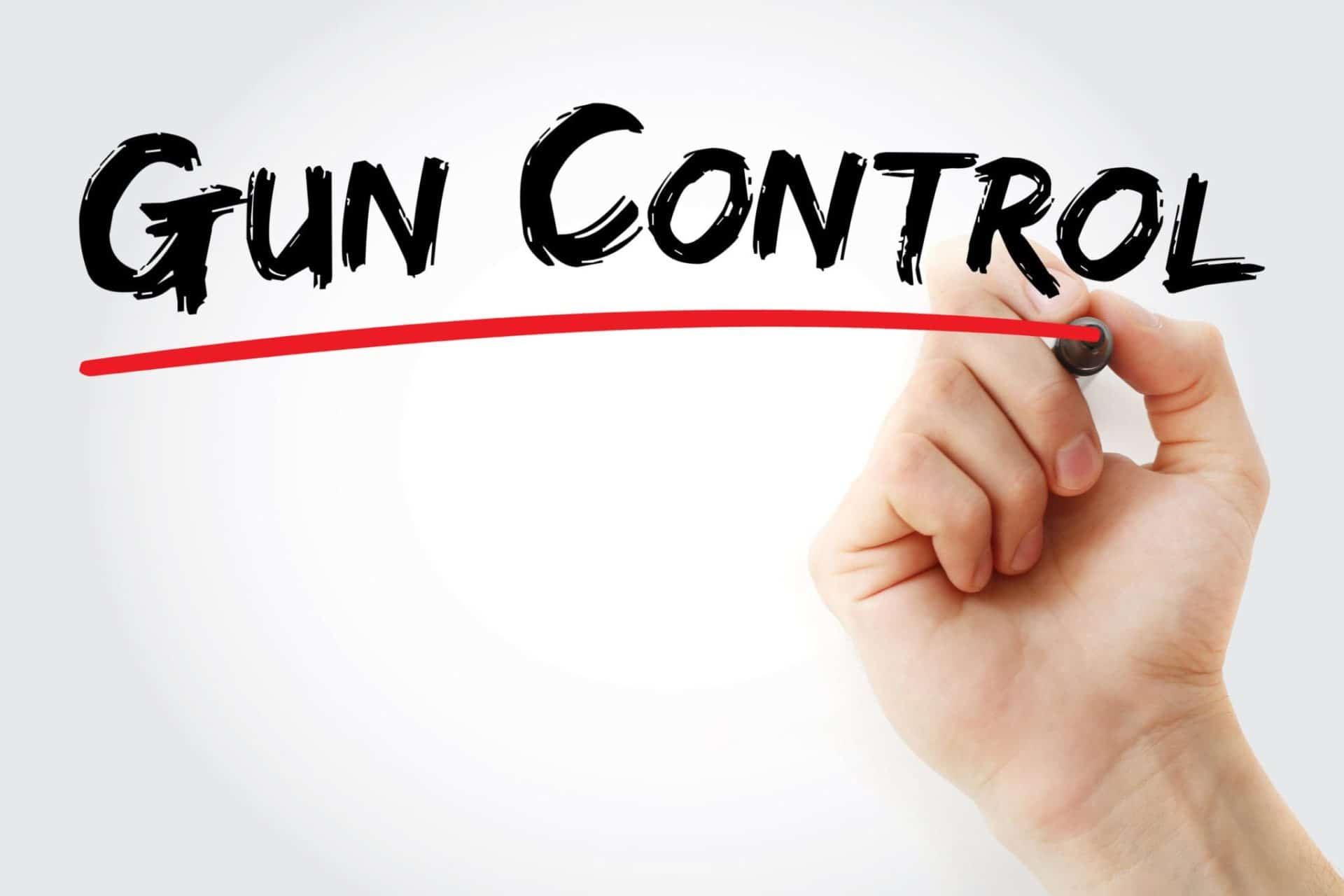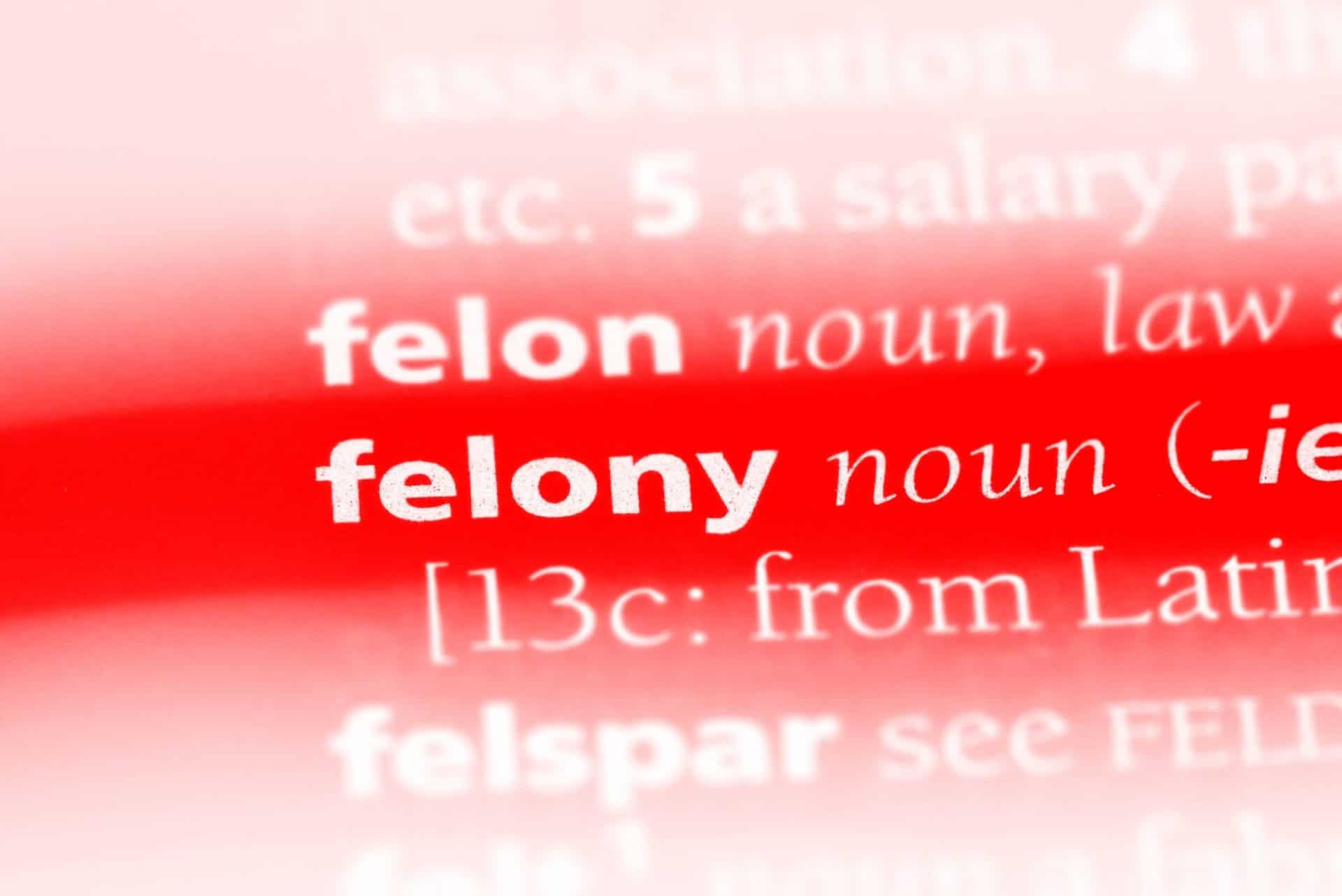With New Wave of Chicago Shootings, What to Know about Gun Crime Charges
Chicago is notorious for gun violence, and this summer has been no exception. In fact, six people were shot in a single day last week. One of the shootings was fatal.
In the fatal shooting, the victim was in an argument with the perpetrator, who pulled out his handgun and shot the victim in the head. The victim was taken to Christ Medical Center in Oak Lawn, where he was pronounced dead on arrival.
Other non-fatal shootings on the same day included a driveby (an exchange of gunfire between vehicles), and a man shot while sitting on his front porch.
So, what’s next for the perpetrators of these crimes, and what does this continuing gun violence-related crime trend mean for all Chicago gun owners?
For now, expect strict and potentially overzealous policing of any crimes that involve guns. We anticipate legislators to push for potentially tougher gun laws to be introduced — and enacted — in our near future.
Gun Violence-Related Crimes in Illinois
Violent crime involving guns are now being addressed with a heavy hand, both at the street level with local law enforcement and within the Illinois criminal justice system.
State law already outlines serious consequences associated with the conviction of gun violence-related crimes. Often offenders are punished by many years behind bars and hefty fines, and in the case of murder, the death penalty is even a consideration.
Most gun-related violent crimes fall under one of two categories: homicide or assault and battery with a deadly weapon.
Homicide
If someone is killed as a result of gun violence, the shooter and potentially other involved parties will be charged with some form of homicide. The level of offense is related to the defendant’s intent.
The charge of murder is reserved for homicides that are committed intentionally. In Illinois, there are two degrees of murder.
First-degree murder, which is punishable by death or life imprisonment, requires that homicide is committed intentionally and with premeditation.
Second-degree murder is charged when the defendant acted intentionally, but mitigating factors were present. Murder in the second degree carries a sentence of 4 to 20 years of imprisonment.
When a defendant causes the death of the victim unintentionally but without lawful justification, the charge is known as manslaughter. A convicted offender may face 2 to 7 years behind bars depending on the case.
Assault and Battery with a Deadly Weapon
The state of Illinois defines assault as any intentional conduct which reasonably places the victim in fear of impending violence. Words alone are not enough, but a threat made in a menacing manner, and conduct consistent with that threat, may be considered assault.
Contrastingly, in the offense of battery, the defendant must have made physical contact with the victim, which is insulting, provoking, or injurious.
When either offense is committed with a firearm (or something made to look like a firearm), the offender may be charged with assault or battery with a deadly weapon.
Penalties are dependent upon whether a firearm was discharged or bodily injury was sustained during the commission of the crime, but ranges from 12 months to 30 years jail time.
Illinois Gun Control Laws

Every Illinois gun owner is subject to both state and federal gun control laws. Generally speaking, federal laws cover what kinds of firearms can be legally possessed, while the state focuses more heavily on who can purchase or possess them.
Prohibited Firearms and Devices
That said, Illinois gun control laws do prohibit outright possession of certain firearms and devices to include the following:
- Fully automatic machine guns
- Rifles with a barrel less than 16 inches
- Shotguns with a barrel less than 18 inches
- Armor-piercing bullets
- Silencers
For all other firearms, you must simply adhere to a three-day (72-hour) waiting period prio to purchase.
Persons Prohibited from Gun Ownership

Illinois prohibits gun ownership among all persons under the age of 21 who have been convicted of a misdemeanor other than a traffic offense or that have been adjudged as delinquent.
Anyone with a narcotic addiction or that has been hospitalized in a mental facility within the past five years is not permitted to own or possess a gun, either.
Those who are confined to a penal institution or possess a felonious criminal record are also disallow
Remember the saying that it’s better to ask forgiveness than permission? When it comes to firearm possession, this does not apply!
Ignorance of the law is not a defense for Chicago gun crimes. As a gun owner, you’re considered responsible for being aware of and adhering to the law.
About the Author:
Andrew M. Weisberg is a former felony prosecutor who now serves as a defense attorney in the greater Chicago area. He has extensive experience in handling all types of criminal cases, from sex offenses and domestic violence to retail theft-related crimes, murder, and drug crimes.







 Blog Home
Blog Home 










